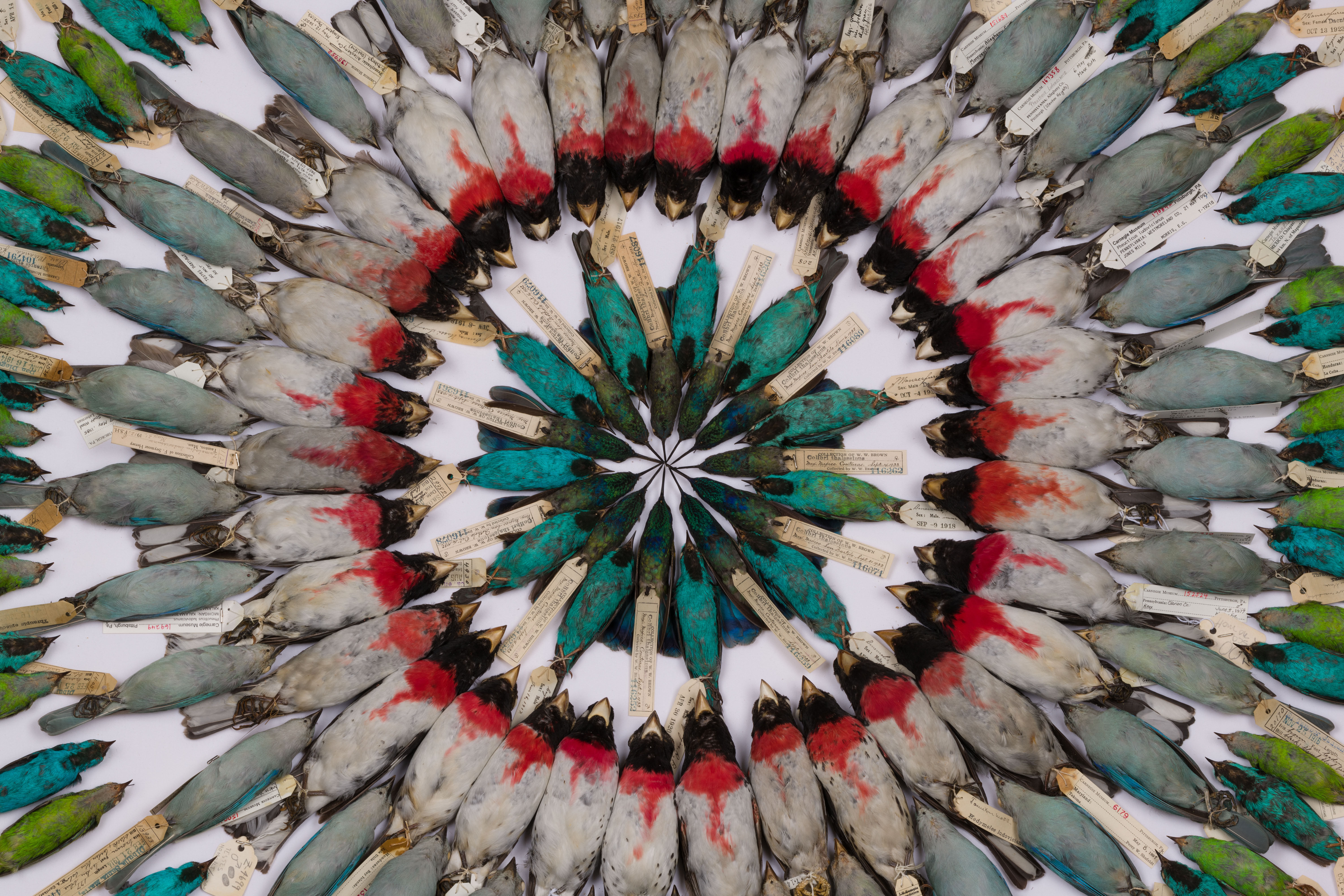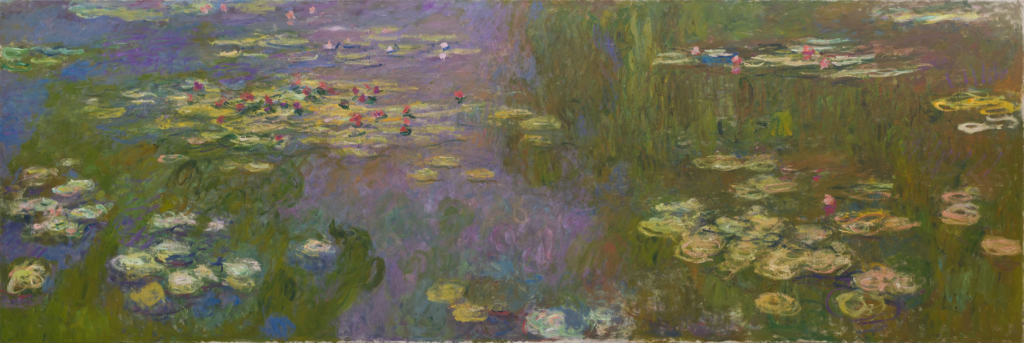- When
- Thurs., Mar. 3, 2022, 2–3:30 p.m.
- Where
- Online
- Tickets
-
Pay what you wish
Register 🎟
This two-part, online lecture series explores the relationship between art, science, and theology. The inquiry into these subjects, led by Dr. Marinus Iwuchukwu and Nicole Heller, is inspired by the practice of contemporary artist Sharif Bey, whose exhibition Sharif Bey: Excavations, on view through March 6, 2022.
The crash course brings together two scholars from Carnegie Museum of Natural History and Duquesne University whose fields of expertise intersect with Bey’s over three dozen works of art on view. Included in the exhibition are new sculptures by the artist, influential touchstones from Carnegie Museum of Art’s collection, and site-specific installations that draw from Carnegie Museum of Natural History’s extensive specimen and artifact collections.
Central themes of the crash course are nature and “awesomeness,” in the literal sense: “that which inspires awe.” Dr. Iwuchukwu and Heller discuss their work as it relates to the presentation of natural history specimens and experiences of reverential respect in museums. The discussion is intended as a mode of interdisciplinary intellectual exposure into subjects that relate to the visual arts of Sharif Bey, and the permanent collections of Carnegie Museums of Art and Natural History.
This Crash Course lecture series will be held over Zoom. Links to attend the lectures will be sent via email after registering. Want to attend this program but can’t make it? Register now, and you’ll receive an email after the event is over with a link to watch it any time on-demand!
Session 1: “Nature”
Nicole Heller is the Associate Curator of Anthropocene Studies for Carnegie Museum of Natural History. She is a transdisciplinary professional focused on improving cultural and ecological sustainability. Heller received her PhD from Stanford University in Biological Sciences in 2005, and a BA from Princeton University in Ecology and Evolutionary Biology in 1995. Heller’s primary research is concerned with understanding and promoting biological diversity in the face of global changes associated with the Anthropocene. Her work also sheds light on both the positive and negative ways that people interact with organisms, including in museum exhibitions. With two hundred and seventy-three birds in Sharif Bey: Excavations, learn how Heller and her team are probing exhibition questions surrounding the display of non-human bodies. This section will provide attendees with an introduction to the profound challenges of preserving the environment while protecting the rights of animals in natural history collections.
Session 2: “Awesomeness”
Marinus C. Iwuchukwu is an Associate Professor of Theology at Duquesne University in Pittsburgh. He specializes in interreligious dialogue, inclusive religious pluralism, and media and religion. Prior to coming to Duquesne University, he was a faculty of a public college in Kano, Nigeria for twelve years. He currently teaches undergrad courses in world religions and culture; Judaism, Christianity, and Islam; and dialogue among religions. At the graduate level, his seminar classes are focused on religious pluralism, freedom of religion, and interreligious dialogue. Dr. Iwuchukwu discusses the complex and mysterious emotion of awe as a feeling inspired by the sacred or the sublime—one felt in nature, centers of worship, or standing in front of a work of art at a museum. The lecture is a response to Bey’s own gravitation toward “awesomeness,” and the dialogue between emotions, media, and museums through the viewpoint of theology.

